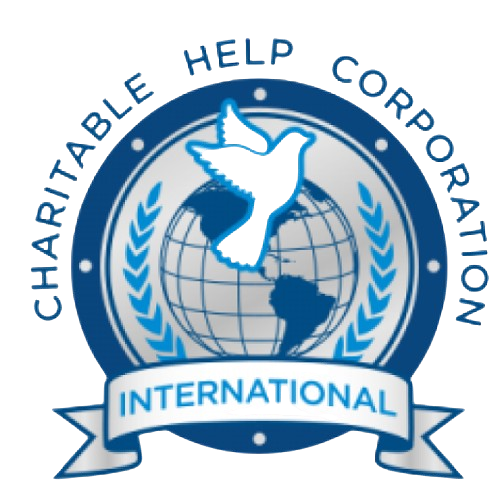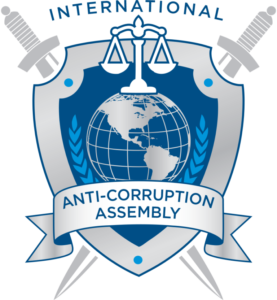Beyond economic costs, corruption has a profound impact on human development and overall quality of life. It limits access to basic services, exacerbates inequalities, and undermines social welfare.
Healthcare System Degradation
Corruption in the healthcare sector directly affects patient outcomes. Studies by the World Health Organization (WHO) reveal that corruption can account for up to 25% of annual global healthcare expenditure. In many countries, funds allocated for essential medicines are siphoned off by corrupt officials, resulting in shortages that disproportionately affect the poor and vulnerable. Furthermore, the need to pay bribes for access to care prevents many from receiving timely treatment, leading to increased mortality rates.
Educational Inequalities and Long-term Impact
Education is another sector severely impacted by corruption. When funds meant for schools are diverted, students face overcrowded classrooms, a lack of learning materials, and unqualified teachers. In regions where bribery is common, students from wealthier families often secure better educational outcomes, leaving poorer children at a significant disadvantage. Over time, this contributes to a cycle of poverty and inequality, limiting social mobility and perpetuating systemic disparities.
Social Unrest and Political Instability
The social consequences of corruption are stark. When citizens lose faith in the fairness of public institutions, it can lead to widespread disillusionment and social unrest. This is evident in countries where large-scale corruption scandals have sparked mass protests and political upheaval. In extreme cases, corruption has been linked to state failure, where the government’s inability to provide basic services and maintain order leads to internal conflict and instability.


